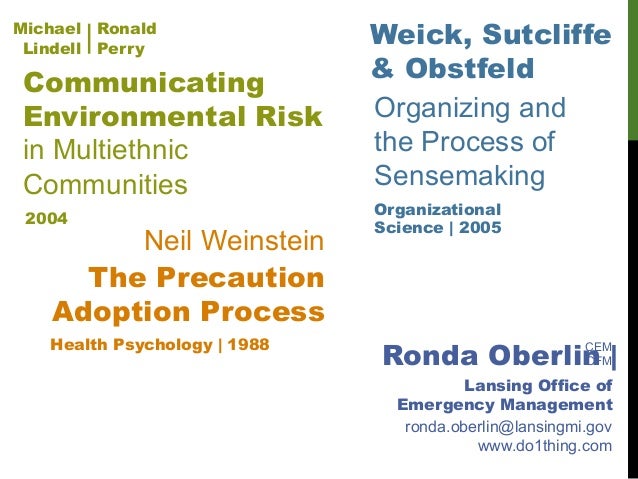
Not surprisingly, hopes and expectations of obese people seeking weight loss are not as modest. Recently, there has been much clinical emphasis on moderating weight goals to reflect what is achievable rather than what is “ideal.” The observation that weight reductions of 5% to 10% result in significant improvements in physical health and psychosocial well-being and the fact that weight reductions of this magnitude are possible for most people have been used to justify encouraging more modest goals in weight loss programs ( ( 4), ( 6), ( 7), ( 8), ( 9), ( 10)). Using the best current treatments for obesity, most individuals will not reach their weight loss goals in treatment, and much of the weight they do lose will be regained within 3 years ( ( 5)). Because even modest weight losses improve health risk factors ( ( 4)), it is understandable that Americans are trying to lose weight. adults are overweight and at increased risk of developing many undesirable medical conditions ( ( 1), ( 2), ( 3)). Using international guidelines, an estimated 97 million U.S. There is consensus that many Americans could benefit from weight loss.

An association between higher dream weight losses and greater weight loss at 18 months was the only outcome result to reach statistical significance.ĭiscussion: Results suggest that lack of realism in weight loss goals is not important enough to justify counseling people to accept lower weight loss goals when trying to lose weight. Goal and dream weight losses were only weakly associated with behavioral or weight outcomes. High goals were associated with greater expected effort and greater expected reward but were not associated with psychological distress. Results: On average, goal and dream weight losses were unrealistically high (−24% and −30%, respectively). Regression techniques examined associations among baseline, goal, and dream weights, psychosocial factors, and treatment outcomes. Height and weight were assessed at baseline, after 8 weeks of active treatment, and at 6- and 18-month follow-up.

Research Methods and Procedures: Goal and dream weights, demographic characteristics, and psychosocial factors were assessed by self-report questionnaire in 302 adult women enrolled in a weight loss trial. Objective: To examine cross-sectional correlates of current, goal, and dream weight and their prospective associations with weight loss in treatment.


 0 kommentar(er)
0 kommentar(er)
